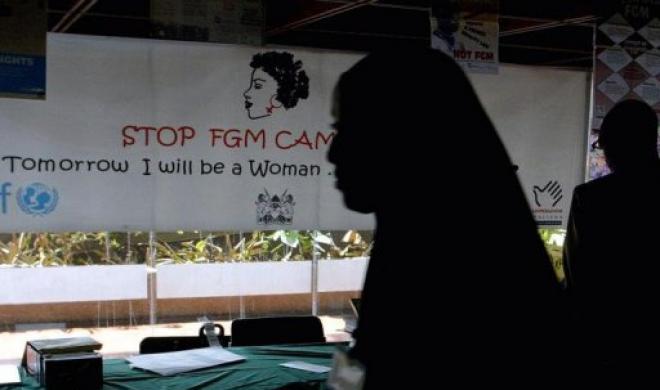
For the first time in Egyptian history, a doctor will stand trial on charges of female genital mutilation (FGM) on a schoolgirl who eventually died. Raslan Fadl, a doctor in a Nile Delta village of Diyarb Buqtaris, is accused of killing thirteen-year-old Sohair al-Bata’a in a failed FGM operation last June.
The Egyptian Medical Syndicate will also conduct a professional ethics investigation into Dr. Fadl’s actions. The girl’s father, Mohamed al-Bata’a, will also be charged with complicity in her death.
The doctor, who denied carrying out this kind of surgery, said that he had just removed excess skin by cauterization. Fadl claims the girl died following an allergic reaction to the penicillin she took prior to the procedure. According to a health inspector’s report, Sohair had died of “a sharp drop in blood pressure resulting from shock trauma.”

Sohair’s family initially confirmed that she died after an FGM operation. However, they changed their testimonies a few days later, which led to the conclusion of the case.
The doctor reportedly offered the family a significant amount of money to remain quiet about the girl’s death. Only following the ongoing efforts led by Equality Now and Egypt’s state-run National Population Council, the case was reopened.
This is the first trial of its kind since Egypt banned FGM in 2008. Female genital mutilation is still widely practiced, despite international condemnation. Usually carried out before puberty, FGM involves cutting girl’s sexual organs, mostly using a razor or a knife. Female genital excision refers specifically to the removal of the clitoris and labia minora.
UNICEF estimates that 125 million women worldwide have undergone some form of FGM. Of those, one in five live in Egypt, according to UNICEF.
Although a real figure is hard to obtain, according to the 2008 Demographic Health Survey, at least 91 percent of Egyptian females in the age group 15-49 have undergone FGM. While doctors carry out the majority of these operations, midwives and health barbers are also known to perform the procedure.
Although in cities FGM is less performed, in rural areas of Egypt with less education and stronger traditions, female genital mutilation is still frequently practiced and commonly accepted.
Though the trial is encouraging, there is much work to be done with the state and within communities. Changing cultural perceptions through education and acknowledging FGM as a crime with lifetime consequences is key to ending this abhorrent practice.
WE SAID THIS: Don’t miss “What to Expect When You’re Being Circumcised“, a fictional account.


